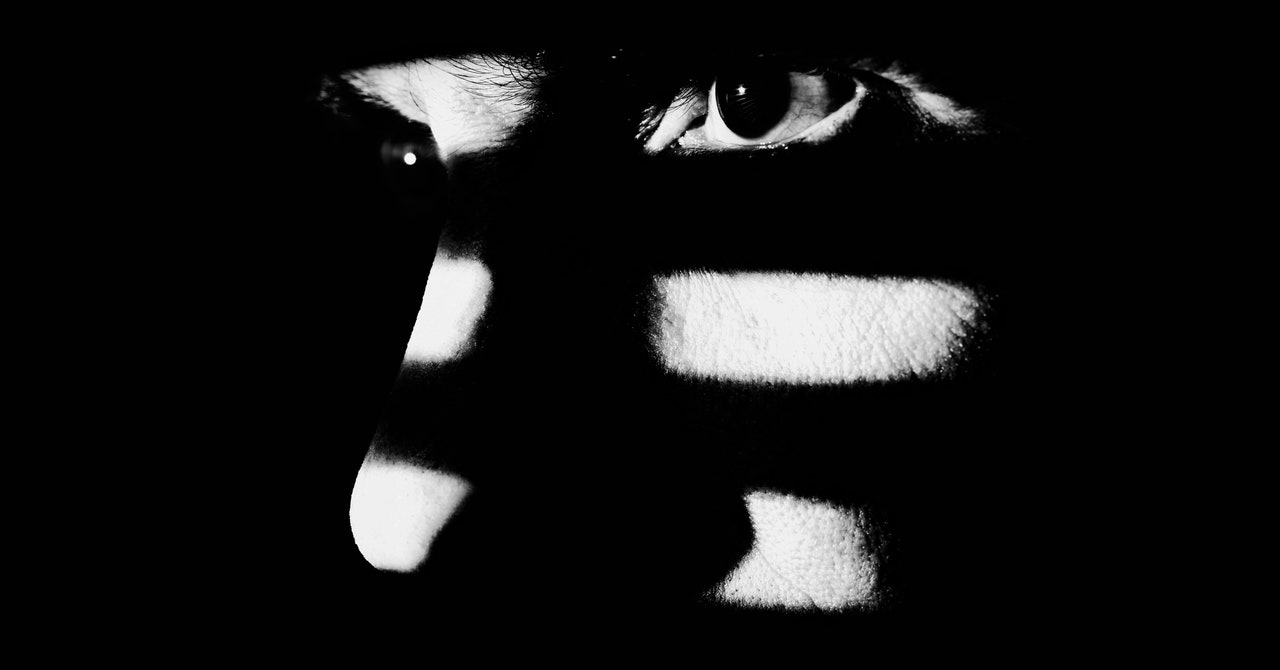As an academic psychologist, I often answer questions from reporters on things about which I know little, from Bitcoin to public school overcrowding to the mindset of a mass murderer. So I have experience with getting things wrong publicly, as several experts in my field have done in their opining on the present coronavirus crisis. In February, we warned the public of the tendency to misinterpret risk and worry overmuch; we cited studies of a phenomenon called “probability neglect” to help explain why the new coronavirus shouldn’t push us into panic mode. Our message was clear and one-sided: Keep calm, we said, and don’t let emotions get the better of us.
Had I been asked to forecast how this whole thing would turn out, I probably would have made the same mistake and told reporters about research showing that feelings interfere with better judgment. But now, with the benefit of hindsight (and maybe chutzpah), I think that we psychologists may have something far more substantive to add: an explanation that doubles as a mea culpa. As we reflect on how we got to this point of mass death, large-scale lockdowns, and a perishing economy, there’s an opportunity to revisit how we talk about decisionmaking—to embrace its full complexity and whatever guidance it provides.
As we probe the United States’ insufficient response to the pandemic, the causes appear numerous. Commentators have pointed to an erratic president’s pettiness, Chinese propaganda, and burdensome regulation of medical treatments and devices, among other political factors. Or else they’ve cited dominant cultural values of America, where people love their freedom and autonomy and bristle at the thought of social distancing, mass testing, and business closures. This laundry list is missing something far more elemental, though—the flip side to the issue behavioral scientists raised several months ago. Back then, we guessed that concerns of viral spread would be inflated, on the whole, because emotions can miscalibrate our understanding of risk. Today it seems we had that bias backward: When faced with warnings of pandemic spread, people underestimated risk. Why?
I believe the true culprit here was another cultural factor endemic not just to psychologists but to Americans more broadly: an unhealthy aversion to fear. In February, headlines such as “Excessive Fear of the Wuhan Coronavirus Can Be Dangerous” and “Fear Itself Is the Biggest Coronavirus Danger” were commonplace. Among politicians, the disdain for this emotion would be bipartisan. “Fear is not going to be constructive here,” said West Virginia’s governor on March 13, in preparing his state for the virus. “We mustn’t let fear cause a panic,” tweeted the governor of Alabama a few days later. “We shouldn’t be driven by fear,” Jay Inslee implored, shortly before his state of Washington experienced a surge in cases. And New York’s Andrew Cuomo has been fear’s biggest foe, tweeting several times since late February that “we can’t allow fear to outpace reason,” and “let’s fight fear with facts” as his state became the epicenter of the carnage.
Read all of our coronavirus coverage here.
Cuomo’s remarks, in particular, point to a false dich

